Keywords: Modern Australian Poetry
-
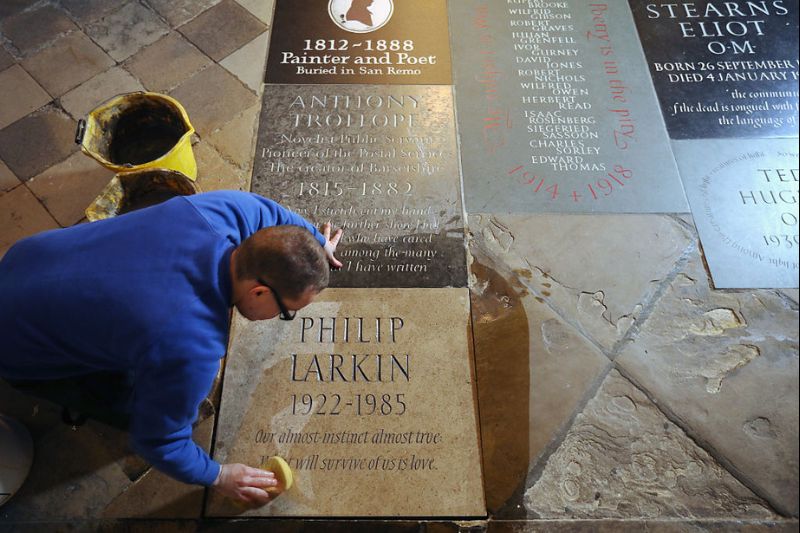
ARTS AND CULTURE
- Andrew Hamilton
- 06 July 2023
3 Comments
Can Artificial Intelligence write good poetry? While AI has vast linguistic resources to mimic human poets and creating compelling verse, there remains a distinction between competence and true poetic brilliance, mirroring the broader debate around our relationship with AI, and the very essence of human creativity.
READ MORE
-
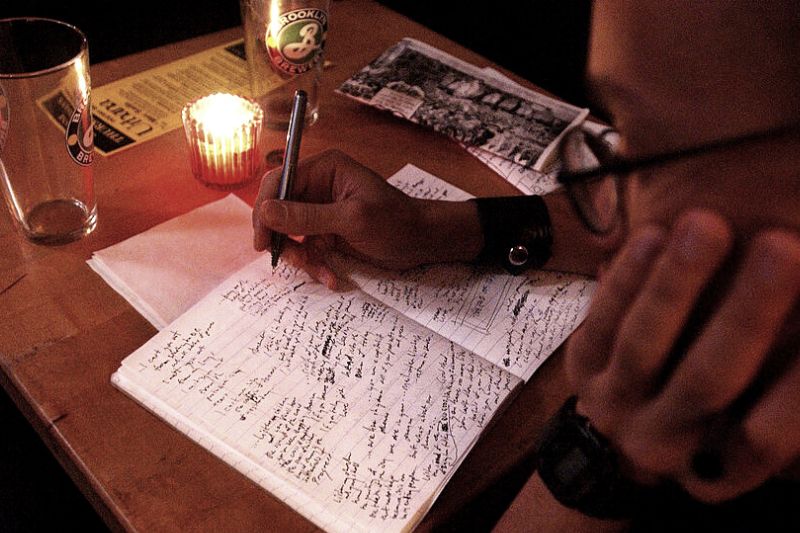
ARTS AND CULTURE
- Andrew Hamilton
- 25 August 2022
11 Comments
In most circles poetry doesn’t matter. It doesn’t put bread on the table, nor raise people to revolt nor even make news unless a grizzled footballer is outed for secretly writing poems. Even in churches poems and hymns are altered to improve their orthodoxy in matters of faith, gender, race or modernity, but rarely their poetic quality.
READ MORE 
-
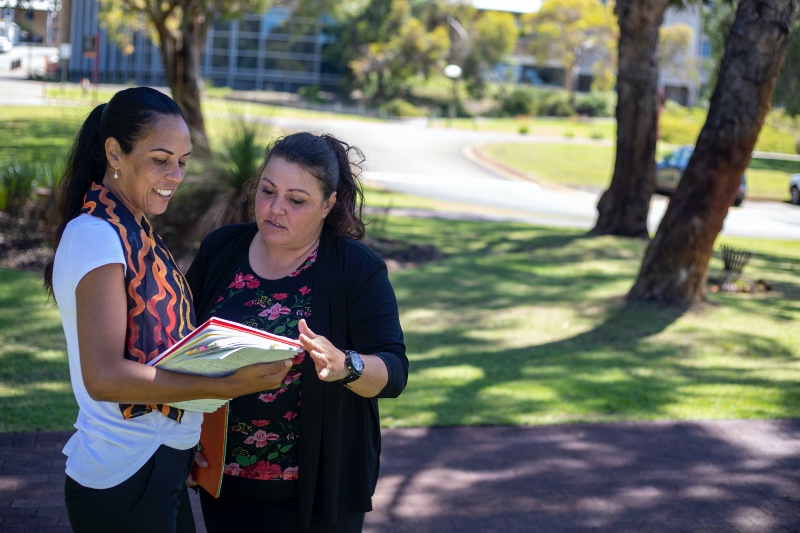
RELIGION
- Garry Deverell
- 18 May 2021
19 Comments
It is no coincidence that white ‘settler’ theology in this country has barely begun to engage with Indigenous people. Arguably, it has only begun to do so because the Indigenous citizens of the churches have begun to cast off the imaginative shackles made for us by our white gubbas and find our own voice.
READ MORE 
-
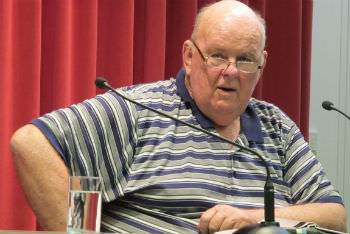
ARTS AND CULTURE
- Barry Gittins
- 16 July 2020
11 Comments
Identifying the true nature of things, and capturing their horror or charm? Let’s give it a crack. I recognised and recognise still that there are few humans who will ever approach Les Murray's heights of linguistic mastery and vision of life. But one thing I felt I had in common with Les, apart from our shared rustic heritage, was anger.
READ MORE 
-
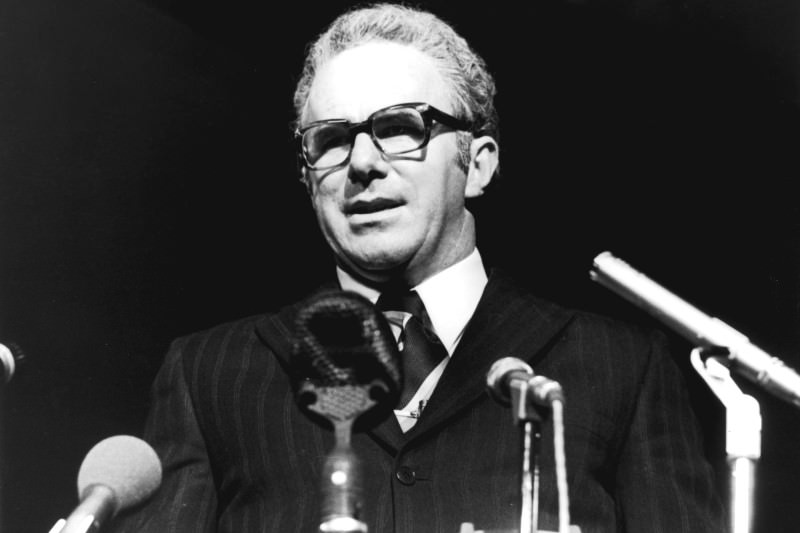
ARTS AND CULTURE
- Philip Harvey
- 29 November 2019
12 Comments
Obituarists sharpened their quills in 2014 when word had it the death of Clive James was imminent. Since then we have witnessed a late flowering of poetry, reviews and articles tinged with mortality that revealed to the last his Twainian flair for journalistic self-promotion, albeit in the internet age. Now the quills are out in earnest.
READ MORE 
-
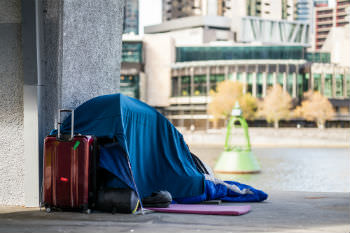
ARTS AND CULTURE
- Denise O'Hagan
- 16 September 2019
4 Comments
Take almost any street, in any modern city, and we are there. We are the substrata of society, ever-present, the unseen lining, the padding in the crowd. We carry our backgrounds closer than our wallets, effortlessly. Yet they inform our every step.
READ MORE 
-
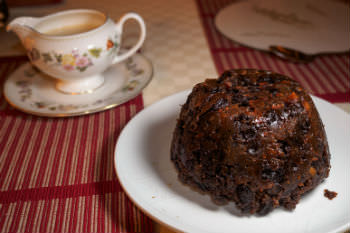
ARTS AND CULTURE
- Jenny Blackford
- 19 December 2018
5 Comments
At twelve, halfway through too many stifling hours crammed in the Holden station wagon, three girls munch Mum's ham sandwiches in a Rotary park ... At thirty, waifs-and-strays Christmases with friends in our adopted southern city.
READ MORE 
-
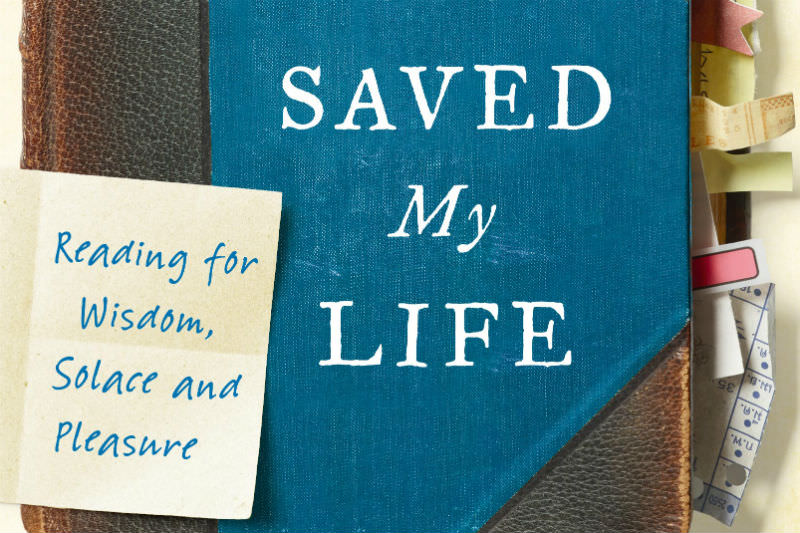
RELIGION
- Michael McGirr
- 31 October 2018
21 Comments
My year ten class studies Islam, one of the most formative influences in the world that my students will inhabit and hopefully improve. I have a profound respect for Islam. Westerners often fail to acknowledge the debt they owe to Islam, a tradition that had a huge role in bringing Europe through the Dark Ages and into the Renaissance.
READ MORE 
-
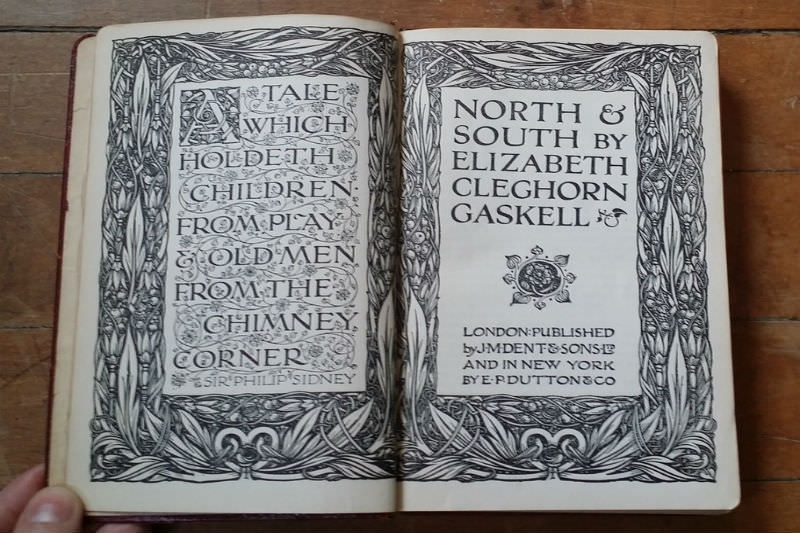
EDUCATION
- Gillian Bouras
- 31 October 2017
9 Comments
American-British writer Amanda Foreman is campaigning to return authors such as Austen, Dickens and Eliot to curricula in famous schools. But teachers have told her that a generation reared on smartphones and iPads finds such authors too ‘difficult'. So what? is my inward cry.
READ MORE 
-
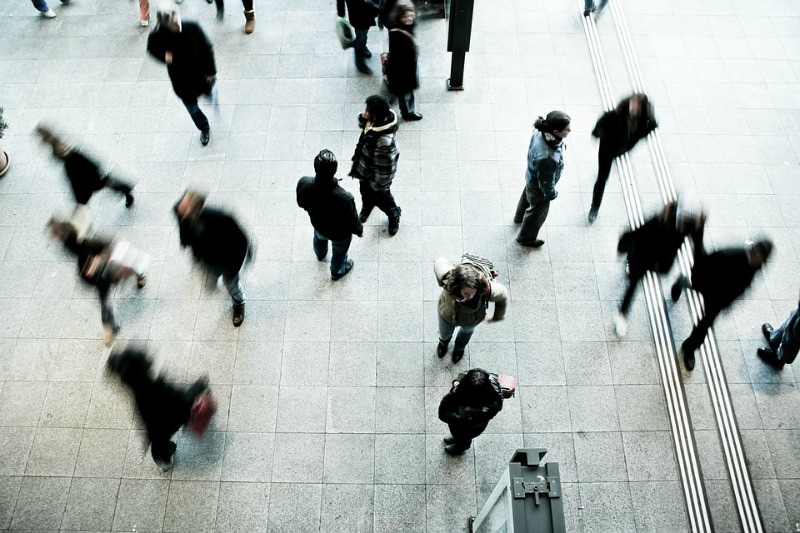
AUSTRALIA
- Christine Burke
- 30 June 2017
29 Comments
The origins of hospitals, schools and social services can be traced back to the efforts of people of faith. Much poetry, art, drama and literature grapples with the deeper meaning of life in dialogue with a larger vision found through the everyday challenges of our lives. This religious urge can re-emerge as nationalism, racism, greed, or narcissism, and these have no inherent counter force to question their authenticity. The truths at the base of great religions reorient us towards love, peace and justice.
READ MORE 
-

AUSTRALIA
- Frank Brennan
- 31 May 2017
6 Comments
Indigenous leaders this last week have called for the creation of two new legal entities. They want a First Nations Voice enshrined in the Constitution, and a Makarrata Commission set up by legislation. The Makarrata Commission would supervise agreement making between governments and First Nations and engage in truth telling about history. The envisaged destination is a national Makarrata (or treaty). So the immediate constitutional issue is the creation of the First Nations Voice. There is no point in proceeding with a referendum on a question which fails to win the approval of Indigenous Australia. Neither is there any point in proceeding with a referendum which is unlikely to win the approval of the voting public.
READ MORE
-
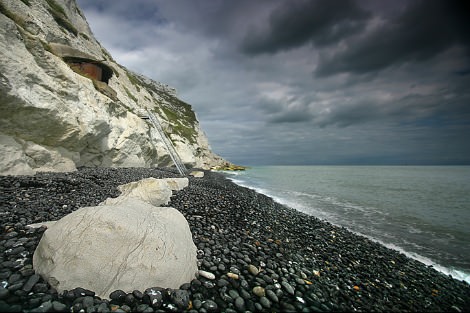
ARTS AND CULTURE
- Gillian Bouras
- 19 May 2017
13 Comments
Does poetry still matter in our Twitter society? Such was the question that caught my eye during a random Google session. The answers consisted of some lugubrious comments to the effect that poetry, like the novel, is dying. It is hard to believe that poets were once considered celebrities, and that poetry was once a pre-eminent form of entertainment. We also generally refrain from mentioning poetry and politics in the same breath. 'Twas not always thus.
READ MORE 